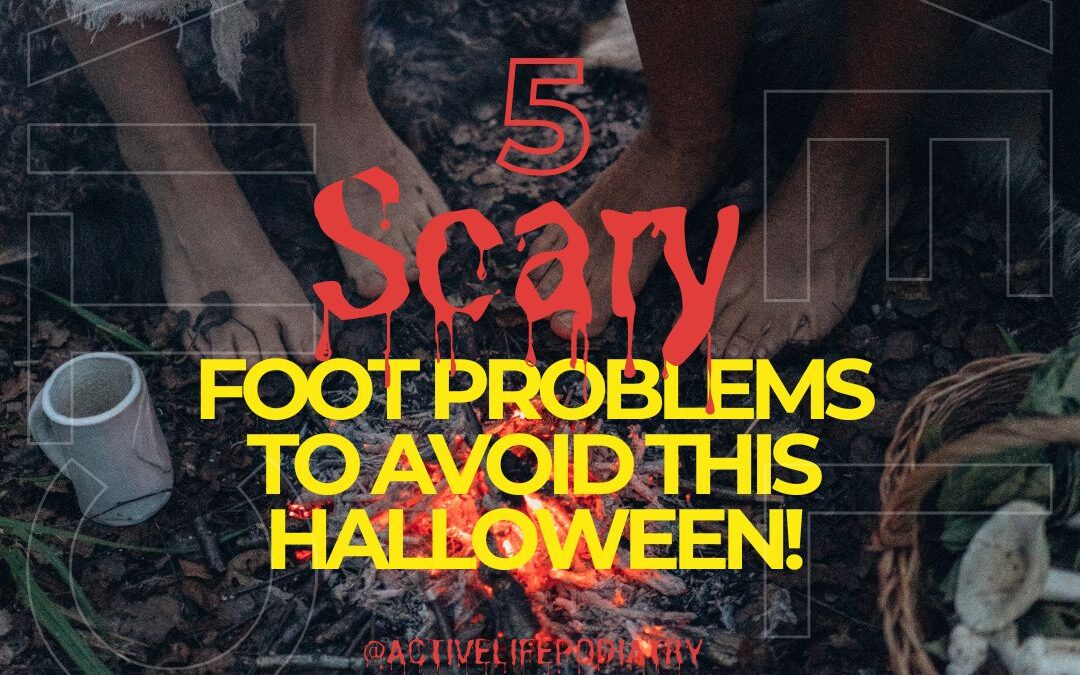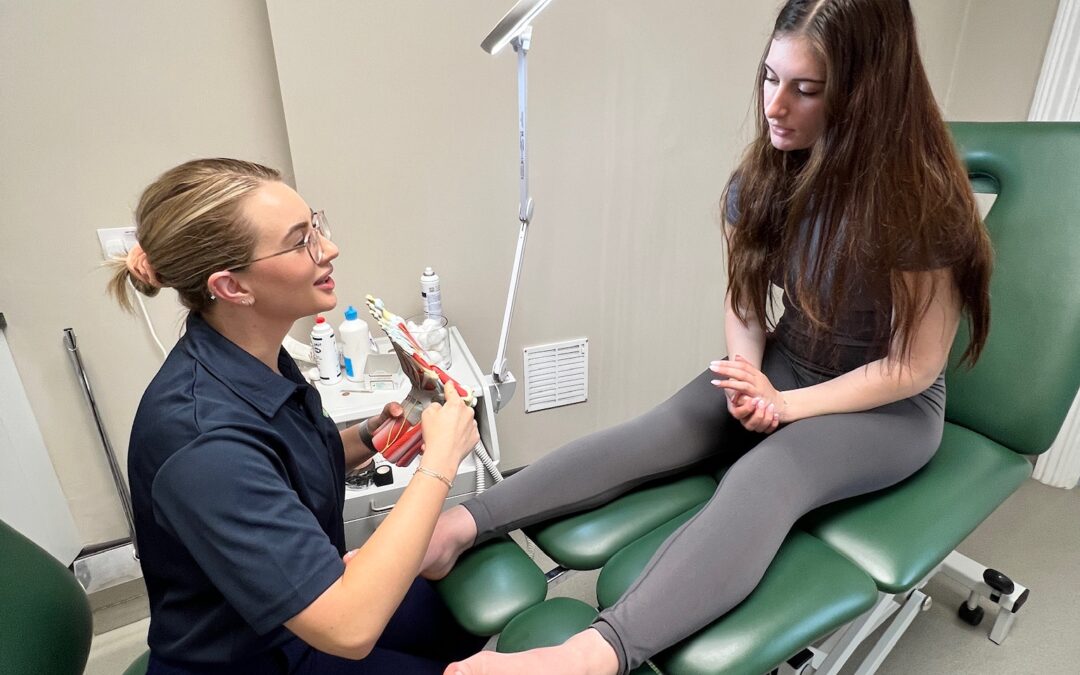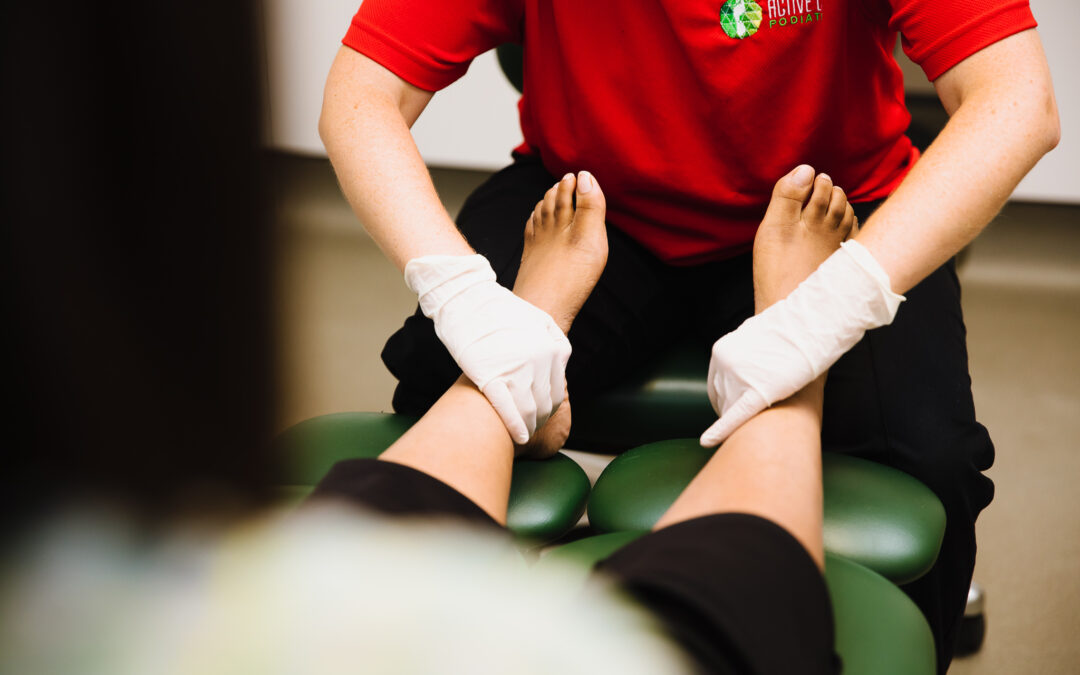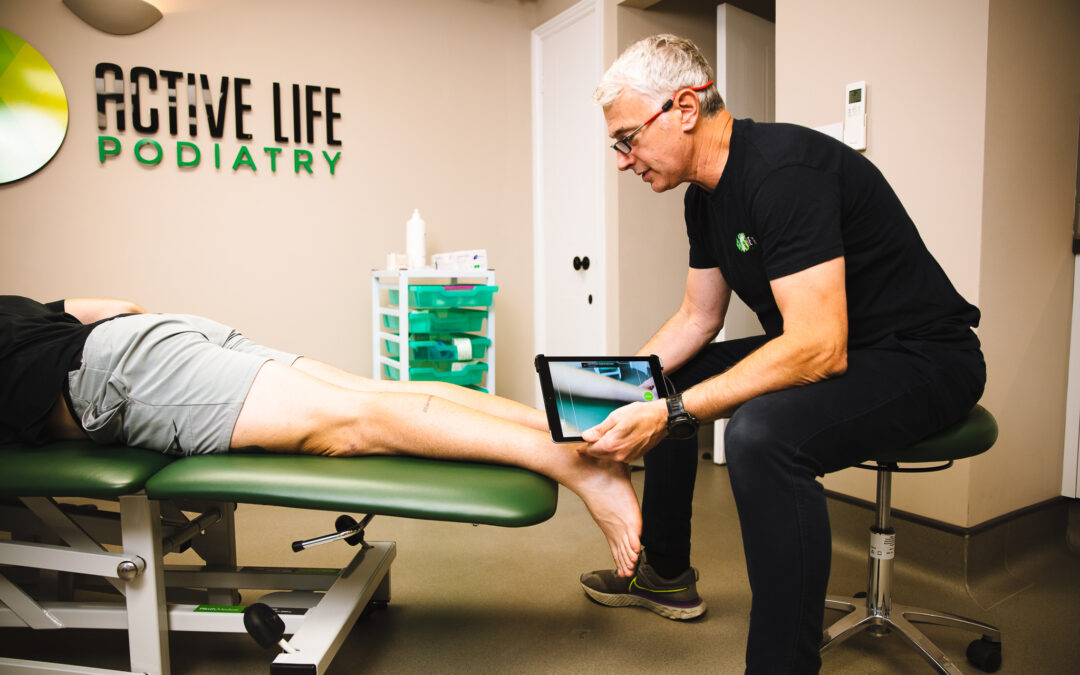Alexa answers your top 5 questions
We see thousands of patients in clinic every year. From children, to athletes, to our elders, we’ve seen it all.
But have you ever wondered what we get asked?
As part of our brand new Q&A, this series gives you practical advice and tips on prevention and pain management, as well as a glimpse of life behind the clinic curtain!
Kicking off our first Q&A is Podiatrist, Alexa who shares her most commonly asked questions in clinic since joining us earlier this year.
1. Is it a heel spur? Is it plantar fasciitis?
A long time ago it was thought the cause of heel pain was from a ‘heel spur’, where there was a bony growth in the heel that caused pain with each step. This then progressed to ‘plantar fasciitis’ where there was believed to be inflammation of the plantar fascia (tissue from the sole of the heel to the toes). These days we refer to this as plantar fasciopathy, where it is believed that recurrent tissue stress leads to low level inflammation and degeneration of the plantar fascia. Symptoms include pain on the heel or sole of the foot with the first few steps in the morning and after rest, which dissipates when warmed up.
The first thing you can do at home is make sure you’re wearing supportive shoes, gel heel cups and stretch your calf muscles. If pain persists with these changes, it’s important to see a Podiatrist for treatment as plantar fasciopathy can easily last for 12 months or, in some cases much longer.
2. When I have pain in my feet, why doesn’t it go away when I rest?
There are some injuries where rest is really important – think stress fractures or muscle tears. However, most soft tissue injuries, such as tendon injuries (Achilles tendon and ‘shin splints’) will often not improve or may even get worse with rest. That is because tendons need to be loaded, the key is finding the sweet spot!
Underload (rest) = deconditioning of the muscles /tendons
Overload (too much activity) = irritation of the tendon/flare in painful symptoms
The ‘sweet spot’ = mild pain symptoms, which reduce within 24 hours of the activity, which allow the tissue to get stronger and reduce pain.
3. Why did I get this injury?
Some injuries are very clear – there is an incident or ‘trauma’, however some injuries sneak up on us, particularly as we get older. Tissues in the body (muscles and tendons) are elastic and resilient when they are loaded, however sometimes we increase the demands (load) on our body, without allowing the body time to rest and adapt before we increase this load again.
This repeated increase can cause low level inflammation and degeneration of tissue, which over time may lead to pain.
If you trained consistently for 6 months and could do a 20KG bicep curl, then didn’t go to the gym for 3 months, you wouldn’t go back to the gym and start trying to do 20KG bicep curls because you know you might injure yourself and be sore. It’s the same for our feet and legs!
4. Is it a verruca or is it a corn?
It is common to confuse a corn and verruca but here are some tips on how to differentiate between the two. A corn is a hard piece of skin with a glass like appearance, which will hurt when direct pressure is applied. A verruca often has a cauliflower-like appearance sometimes with little black dots and is sore when squeezed from the sides.
Both conditions are treated by a Podiatrist. Corns are very easily removed using a scalpel, but will return over time if the pressure that caused the corn to form in the first place is not addressed.
A verruca is a virus that is often picked up in public areas (e.g. swimming pools) and requires a number of treatments using cryotherapy, strong acids or needling procedures to clear the verruca.
5. How did I get a fungal nail infection?
Fungal infections are spread through fungal spores in public settings, e.g. nail spas, swim pools, public bathrooms. Usually there is a fungal infection of the skin, called tinea pedis (athlete’s foot), which thrives in damp, dark and warm environments (inside our shoes).
If left untreated, the fungal infection can then spread to the nail, which may appear with white powdery spots or yellow-brown discolouration of the nail. It’s important to treat this ASAP, as the longer you leave the infection the harder it will be to treat it in the long term.
A final word of advice…
Visit a podiatrist for regular check-ups, especially if you notice any changes or experience foot pain. Early intervention can prevent minor issues from becoming major problems.
Our feet play an important role in our overall health. By paying attention to foot health, we can prevent a host of other health issues, maintain our mobility and independence, and improve our quality of life. Remember, happy feet make for a happier, healthier you!
Take a step towards a healthy, active life by giving your feet the care and attention they deserve.
Visit our booking page or call our team on 020 7381 6682 to book your appointment in our Fulham or Putney clinics today.

